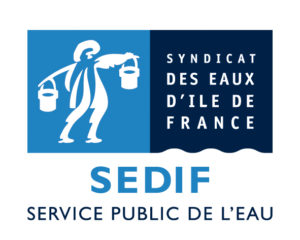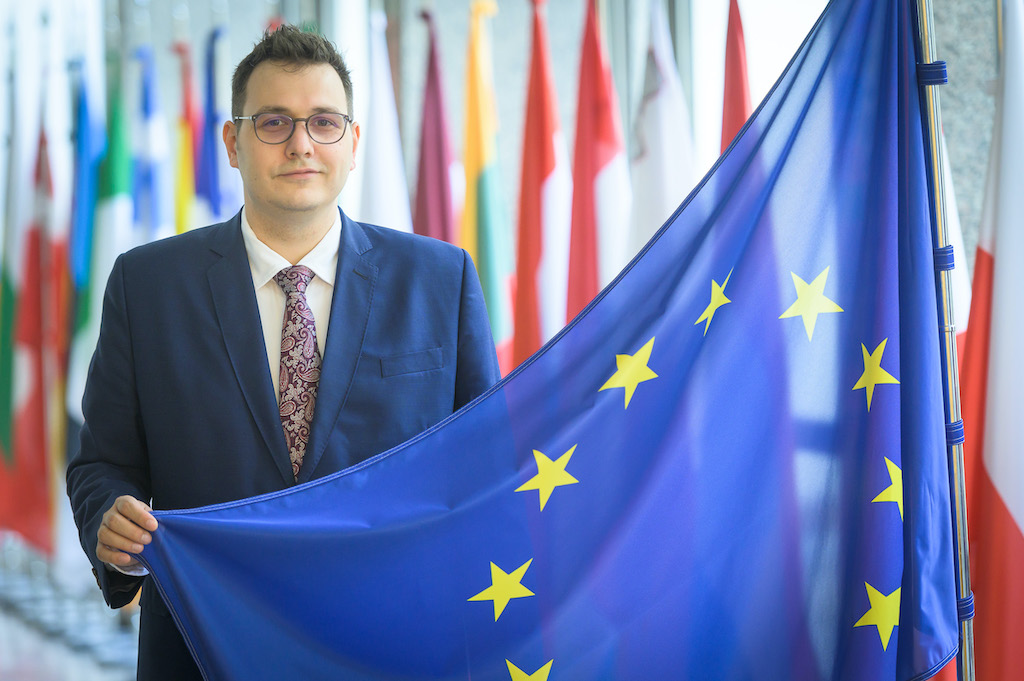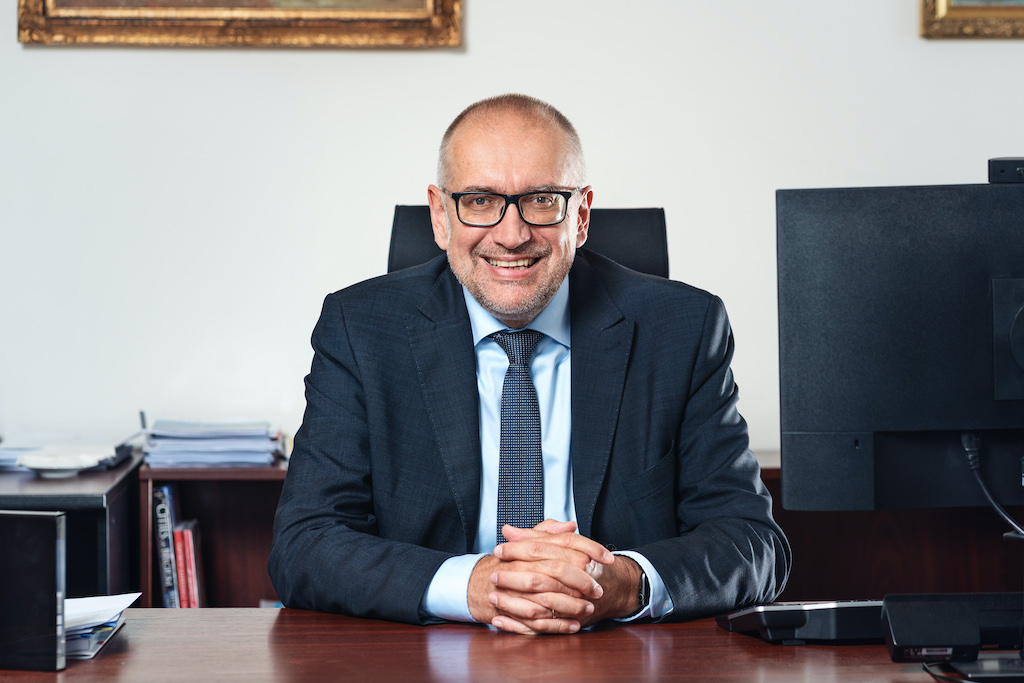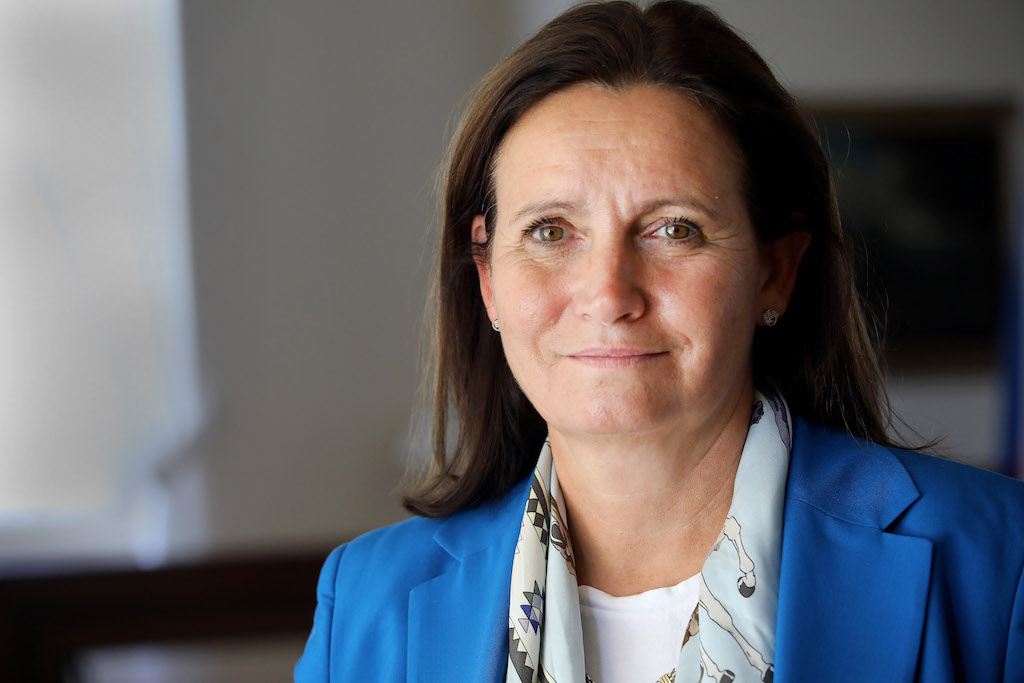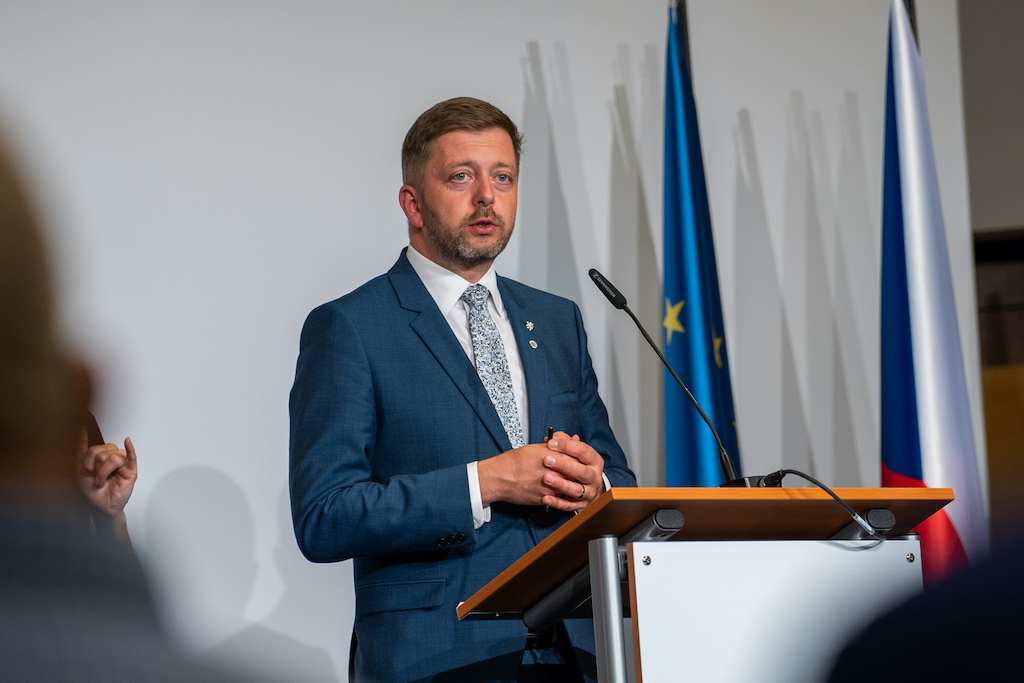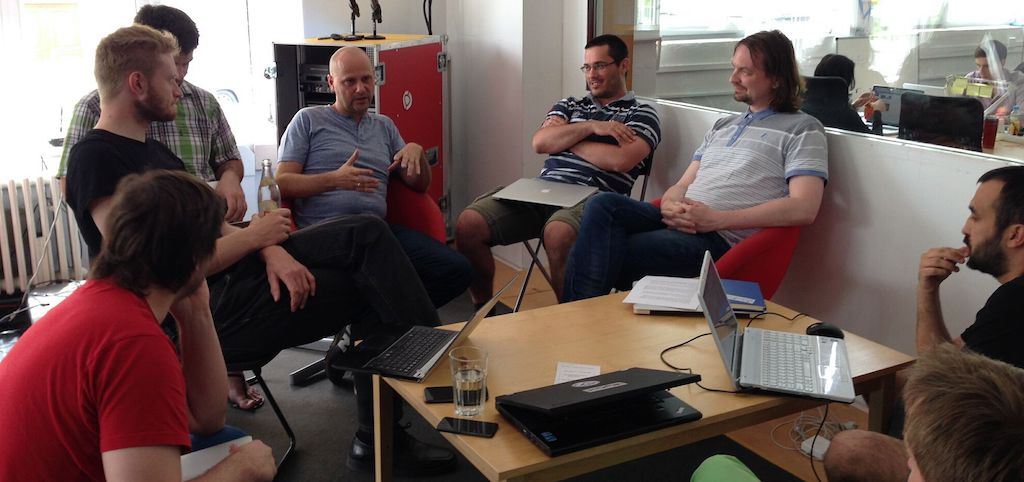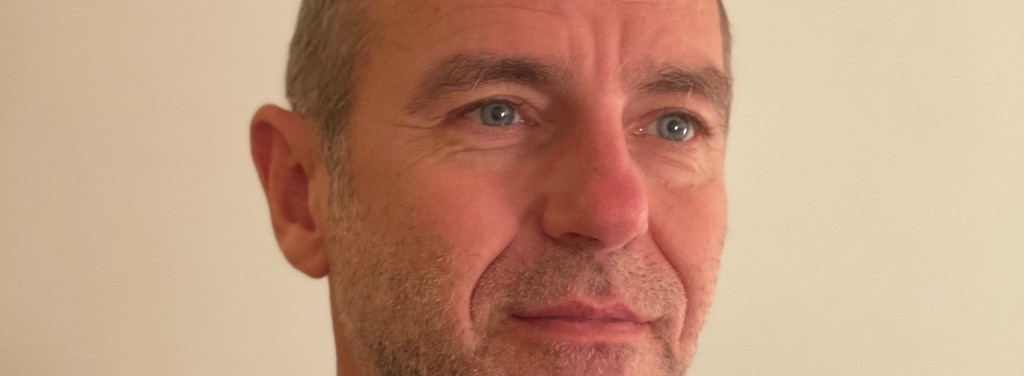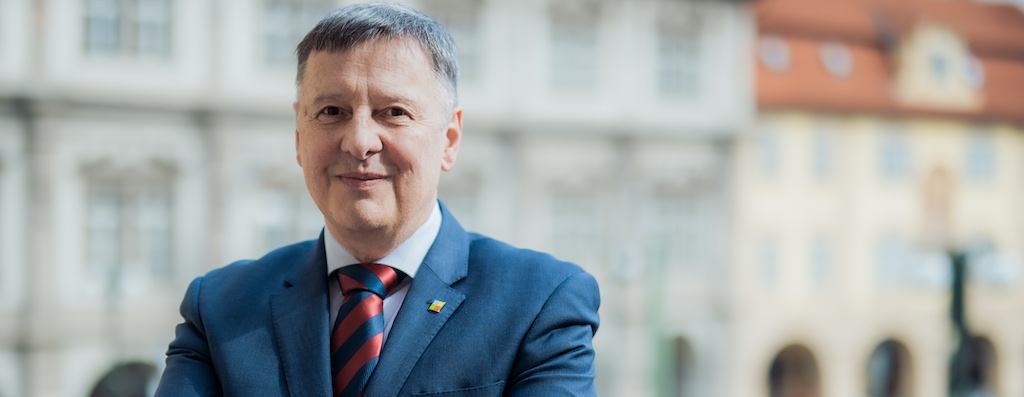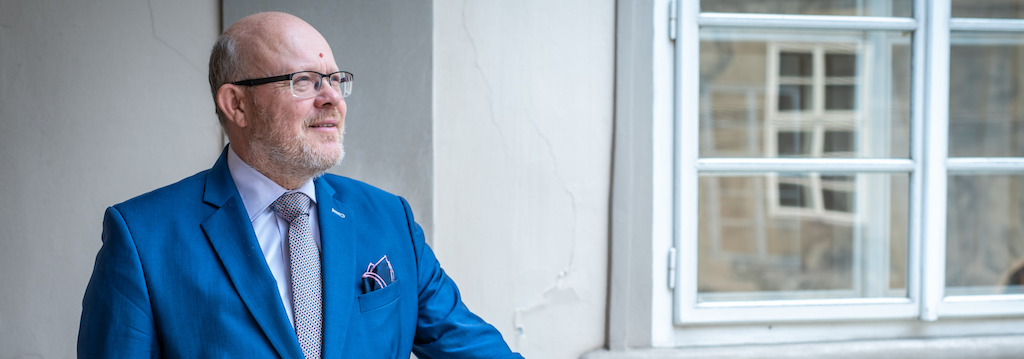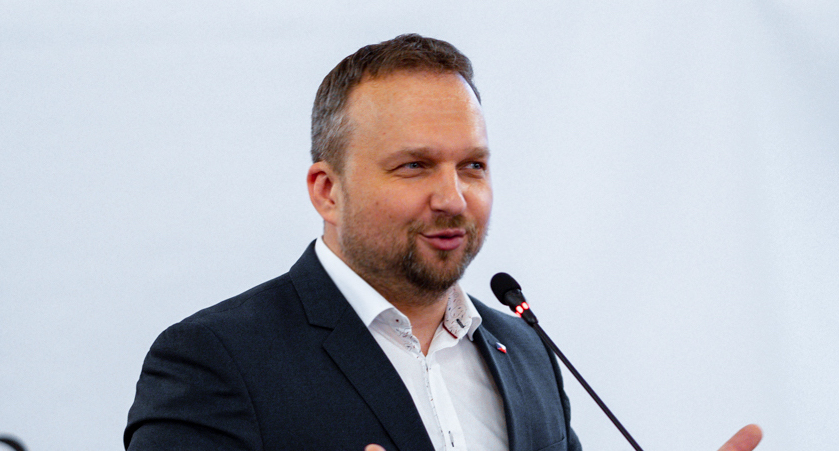
Could you talk to us about SEDIF? What are its skills and responsibilities?
Created in 1923, the Syndicat des Eaux d’Île-de-France is the first public water service in France and one of the first in Europe. It produces and distributes drinking water for 150 municipalities in the Paris region, with more than 750,000 m3 per day (i.e. 240 million cubic meters per year). As a result, it provides drinking water to more than 4,7 million Paris region inhabitants. Owner of the factories and all production and distribution structures, SEDIF defines the investment policy, sets the price of water and controls the execution of the service provided by its delegate. The operation of the service is entrusted to Veolia Eau of Ile-de-France (a subsidiary of the Veolia group entirely dedicated to SEDIF) as part of a public service delegation.
You have long been highly invested and committed to sustainable development. Could you also talk to us about your future plans?
Indeed, SEDIF wanted to be exemplary in this area and implemented an ambitious environmental policy in 2001, recognized in February 2002 by the obtaining of the ISO 14001 certification. Offering a carbon-neutral water service, optimizing energy consumption, consuming only renewable energy partly produced on its sites, and contributing to adaptation efforts to climate change are the main axes of the quality, environment and sustainable development policy of SEDIF. SEDIF has been committed to climate change for more than 15 years in a dual mitigation and adaptation approach: mitigation that consists of helping limit climate change, and adaptation aimed at moderating climate change effects on our society. It works in respect of the environment and standards, to provide, in the long term, pure water, without limestone and without chlorine. Concerned about the environment and the protection of the resource, SEDIF was equipped in 2017 with its Climate Water Energy Plan.
17 SEDIF pledges are thus formalized to guarantee a long-term quality of the public drinking water service.
A synergy is in position within the urban services of the Metropolis of Greater Paris. What are the innovations in place and those to come?
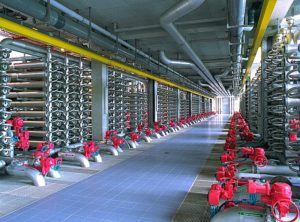
Ile-de-France’s urban services, of which SEDIF is a major player, are actively involved in building a sustainable metropolis by putting their innovations and mutual expertise at the service of tomorrow’s challenges. Each of us is on the Greater Paris territory, in charge of essential and complementary missions: public water service, public waste treatment, transport, electricity, gas… We act together on a daily basis at the service of the inhabitants of the Paris region in the general interest and territorial equality of the Metropolis of tomorrow. SEDIF is keen to maintain a dynamic partnership which is already broken down by transversal work on projects of general interest concerning, in particular, the control of energy, the improvement of air quality, the promotion of the circular economy, the smart city, the role of major metropolitan facilities, urban logistics and adaptation to climate change. Supported and encouraged in their role, despite the difficulties introduced by the law itself to develop their missions by law, on the New Territorial Organization of the Republic (NTORe) as by that relating to the energy transition for green growth adopted in 2015. These large unions, serving nearly 10 million people in Paris, have more than ever an important role to play to unite, design and implement effective synergies between their activities on the scale of the territories of Greater Paris and serving their environmental and energy balance.
“The citizen at the centre of the public service”. How does the SEDIF project 2020-2030 give a stance to the citizen?
The public service mission exercised by SEDIF does not stop at the tap of consumers, it is more than that! In responding to a vital need for water in our cities, SEDIF’s mission is also to know how to listen in order to transmit useful information on the price and quality of water and services, to raise awareness about the preservation of the resource, to recover the amount of the water bill and to help users with payment difficulties. With its civic responsibilities, SEDIF has long been committed to the youngest users. Young citizens, being active and efficient assets, are thus regularly sensitized to environmental issues. Scheduled for primary classes, SEDIF implements information and awareness actions on water particularly with teachers and students in grades 2, 4 and 5 using numerous tools: educational kits, films, the www.kezakeau.fr platform, mini conferences… Our proximity to young people and their leaders is vital, it allows us to awaken consciences, to participate directly in the education of the adult citizens of tomorrow and to prepare the consumers of tomorrow with responsible behaviour to adopt terms of water saving and a respect for this resource. By 2020, SEDIF intends to maintain its regular communications operations with young people, such as recently in the course of the Sustainable Development Week and its outreach activities.
Territorial governance, the notion of subsidiarity! Could you give us your point of view on these major issues on the eve of the European elections?
In a Parisian environment currently under an administrative recomposition that is still unstable, the SEDIF appears as an element of stability like all major unions structuring the Paris region. This is why SEDIF, with its peaceful and shared governance, aims to strengthen the partnership between the major authorities organizing water in the inner suburbs. The aim is to bring together initiatives and demonstrate the capacity of local elected representatives to work together to the necessary construction of a Grand Paris of water that is democratic and respectful of the principle of subsidiarity. My re-election last February testifies that my desire for dialogue and rally, out of political divisions, and my commitment to a public drinking water service ever more effective, safer, more consolidated and more respectful of the environment, for a controlled price, has overtaken political considerations. A single objective animates me; to organize the convergences of common initiatives in order to demonstrate the capacity of the local elected officials to work together for the necessary construction of a Grand Paris of water. The goal is to share best practices and inspire new breakthroughs for everyone in a very flexible operating environment.
Could you give us a few words about your international commitments and projects?
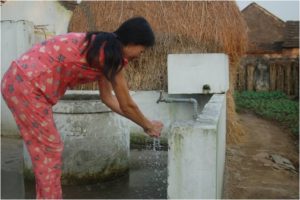 Since 1986, SEDIF has implemented a recognized international solidarity action program, Solidarité Eau (Solidarity Water), to create access to drinking water in developing countries. For SEDIF elected officials, it is a moral imperative to contribute to the access of drinking water in the world. First contributor in France, except for the State, for the financing of its international solidarity actions via associations of French law in particular, the external action of SEDIF concerns 4.7 million people to date in 21 countries of Asia and Africa, i.e. a greater number of inhabitants served drinking water than in the territory of SEDIF. SEDIF has also developed an approach of openness and collaboration with major world agglomerations, which led to the creation of the Club of major water services of the World. These water services are now faced with challenges and problems whose technical responses are developed by operators which could be taken up by others or inspire new solutions.
Since 1986, SEDIF has implemented a recognized international solidarity action program, Solidarité Eau (Solidarity Water), to create access to drinking water in developing countries. For SEDIF elected officials, it is a moral imperative to contribute to the access of drinking water in the world. First contributor in France, except for the State, for the financing of its international solidarity actions via associations of French law in particular, the external action of SEDIF concerns 4.7 million people to date in 21 countries of Asia and Africa, i.e. a greater number of inhabitants served drinking water than in the territory of SEDIF. SEDIF has also developed an approach of openness and collaboration with major world agglomerations, which led to the creation of the Club of major water services of the World. These water services are now faced with challenges and problems whose technical responses are developed by operators which could be taken up by others or inspire new solutions.
In 2017, SEDIF increased its investment to 2.4 million euros (vs. 2.1 million in 2014) and spread across 13 countries in Asia and Africa. In more than 30 years, SEDIF’s financial support will have multiplied by 6 from 1 franc cent taken per cubic meter of water sold at the beginning of its action to 1 euro cent in 2017.
